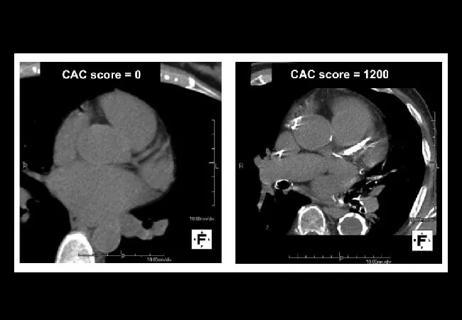Locations:

Not if they meet at least one criterion for presumptive evidence of immunity

How primary care practice has changed in the last decade

Multispecialty teams address patients’ needs to prevent health crises.

Infectious disease outbreaks can place considerable stress on caregivers
Advertisement
Cleveland Clinic is a non-profit academic medical center. Advertising on our site helps support our mission. We do not endorse non-Cleveland Clinic products or services. Policy

12 reasons people give for not wanting the influenza vaccine

A guide to informed, team decision-making

Its origins, uses and limitations

Evidence-based guidelines and communication are key

Why our answer is ‘no’

It’s safe and accurate, but who should be tested?
Advertisement
Advertisement